Fertilize heavily the first spring and summer after transplanting
needinfo001
9 years ago
Related Stories

GARDENING GUIDESGet on a Composting Kick (Hello, Free Fertilizer!)
Quit shelling out for pricey substitutes that aren’t even as good. Here’s how to give your soil the best while lightening your trash load
Full Story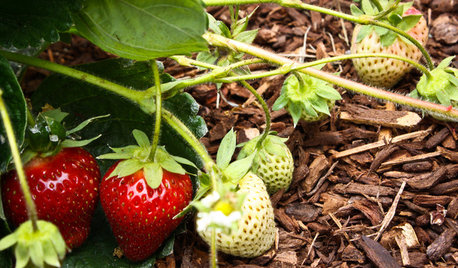
SPRING GARDENINGSummer Crops: How to Grow Strawberries
Pluck your own sweet strawberries right from the garden vine for smoothies, salads or eating then and there
Full Story
GARDENING GUIDESAttract Hummingbirds and Bees With These Beautiful Summer Flowers
Roll out a welcome mat for pollinators to keep your landscape in balance and thriving
Full Story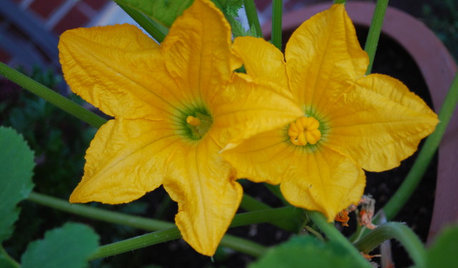
EDIBLE GARDENSSummer Crops: How to Grow Squash
Almost foolproof and with cheerful flowers, squash comes in a wide range of varieties to plant in spring
Full Story
EDIBLE GARDENSSummer Crops: How to Grow Tomatoes
Plant tomato seedlings in spring for one of the best tastes of summer, fresh from your backyard
Full Story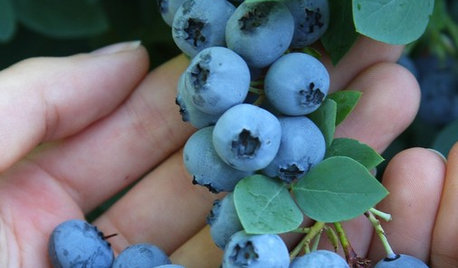
EDIBLE GARDENSSummer Crop: How to Grow Blueberries
Plant blueberries in spring or fall for garden beauty through three seasons — and a sweet superfood in summer
Full Story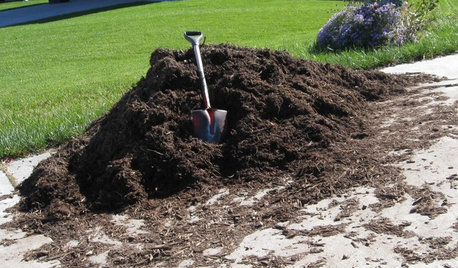
FRONT YARD IDEASBefore and After: Front Lawn to Prairie Garden
How they did it: Homeowners create a plan, stick to it and keep the neighbors (and wildlife) in mind
Full Story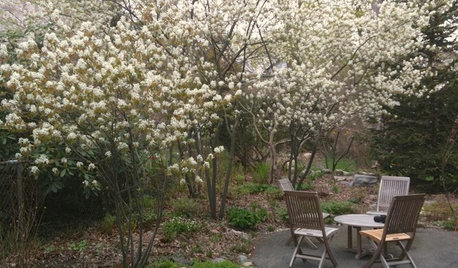
GARDENING GUIDESGreat Design Plant: Amelanchier Signals Spring With Airy White Blooms
With roughly 20 species of serviceberry native to the U.S., bees can feed on the early-season blooms while birds enjoy the summer berries
Full Story
EDIBLE GARDENSSummer Crops: How to Grow Pumpkins
Start in spring to grow your own fall decorations and have plenty left for pies
Full Story
EDIBLE GARDENSSummer Crops: How to Grow Watermelons
You might not need as much space as you think to get this summer mainstay to spring up in your garden
Full Story





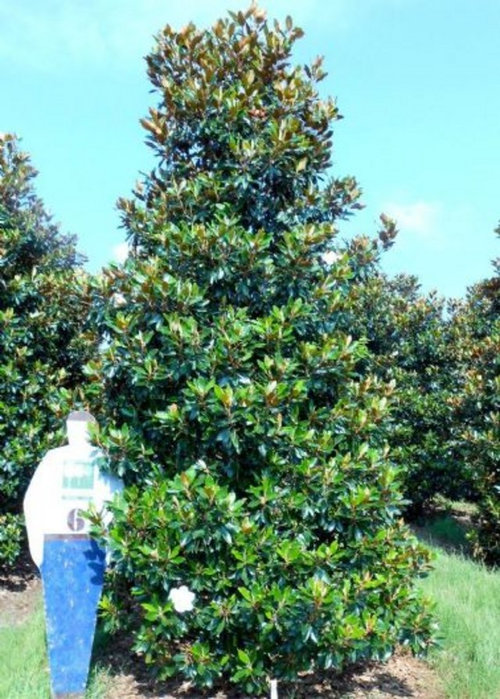


Toronado3800 Zone 6 St Louis
wisconsitom
Related Professionals
Holly Springs Landscape Architects & Landscape Designers · Owings Mills Landscape Architects & Landscape Designers · Maple Valley Landscape Contractors · Fort Mill Landscape Contractors · Fort Wayne Landscape Contractors · Hicksville Landscape Contractors · Long Branch Landscape Contractors · Sun City Center Landscape Contractors · Four Corners Landscape Contractors · Shoreline Siding & Exteriors · Beavercreek Decks, Patios & Outdoor Enclosures · Bellevue Decks, Patios & Outdoor Enclosures · Cincinnati Decks, Patios & Outdoor Enclosures · Fort Lee Decks, Patios & Outdoor Enclosures · Archdale Stone, Pavers & Concreteken_adrian Adrian MI cold Z5
rhizo_1 (North AL) zone 7
Embothrium
brandon7 TN_zone7